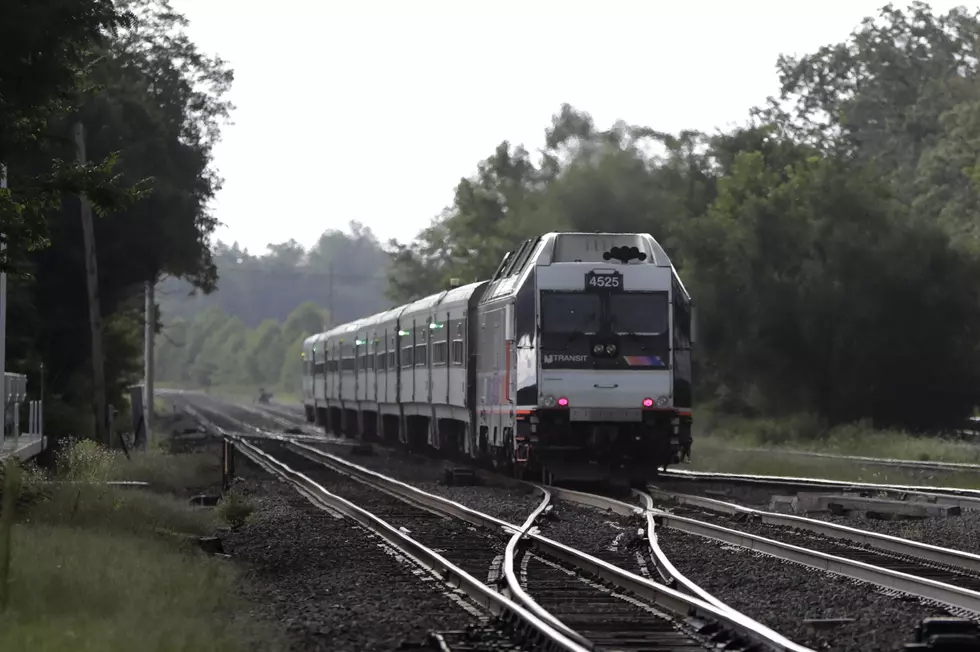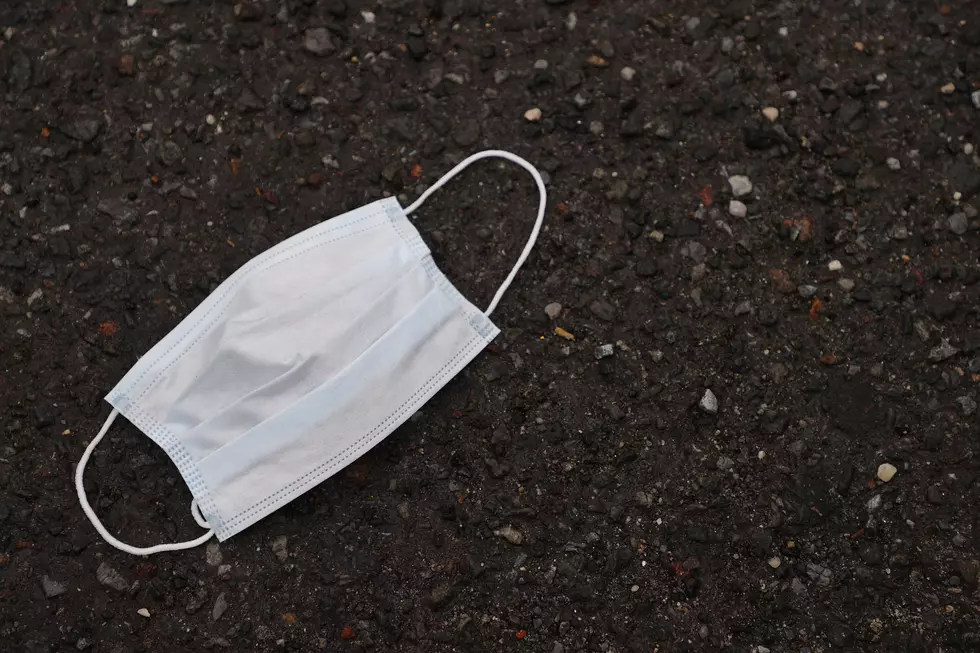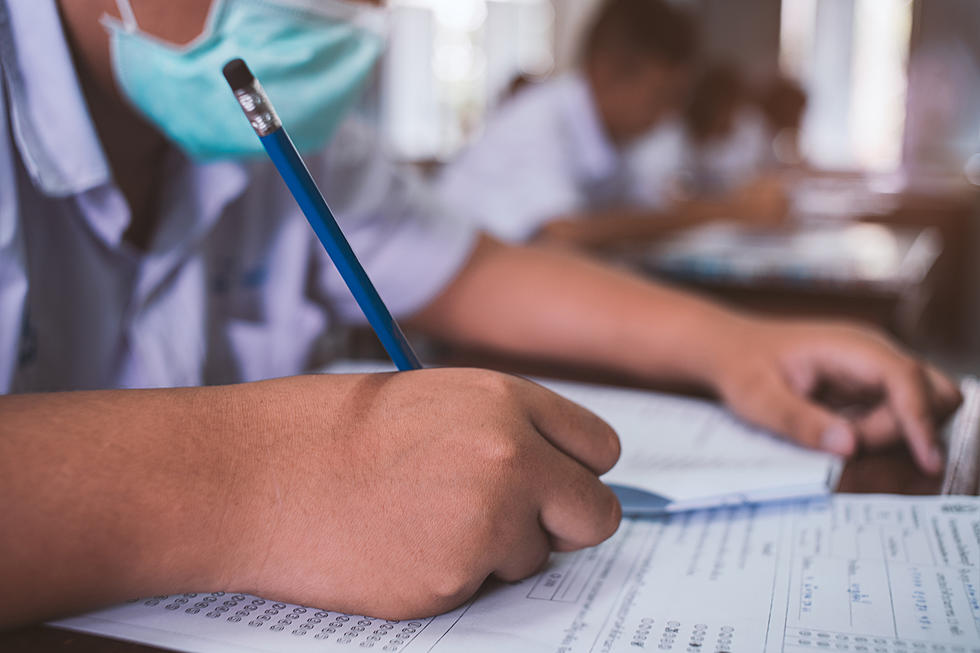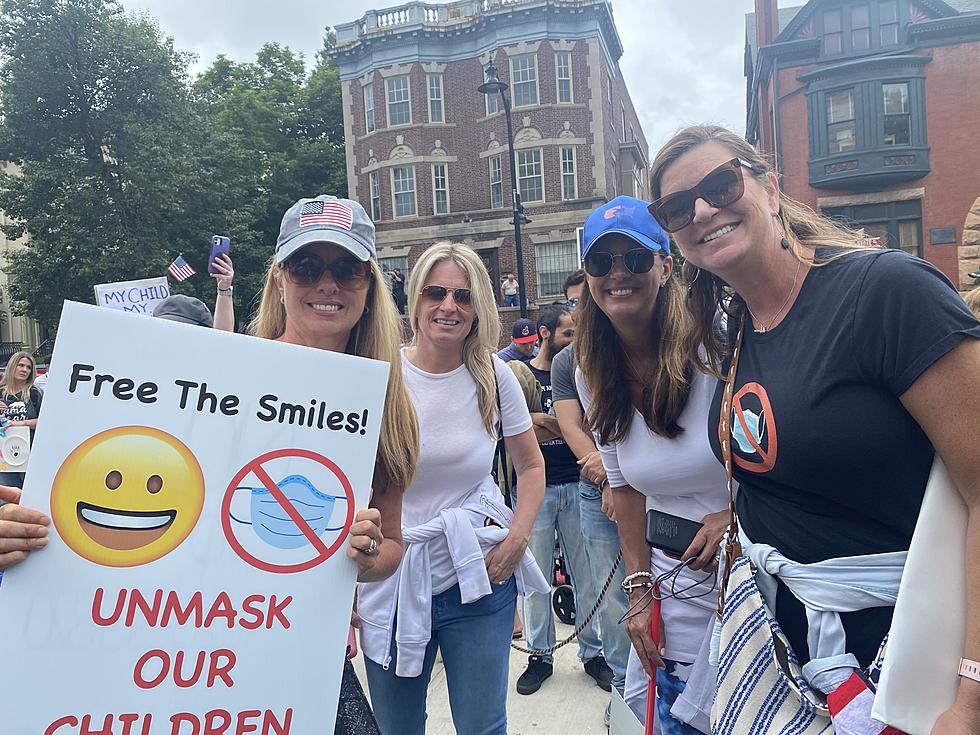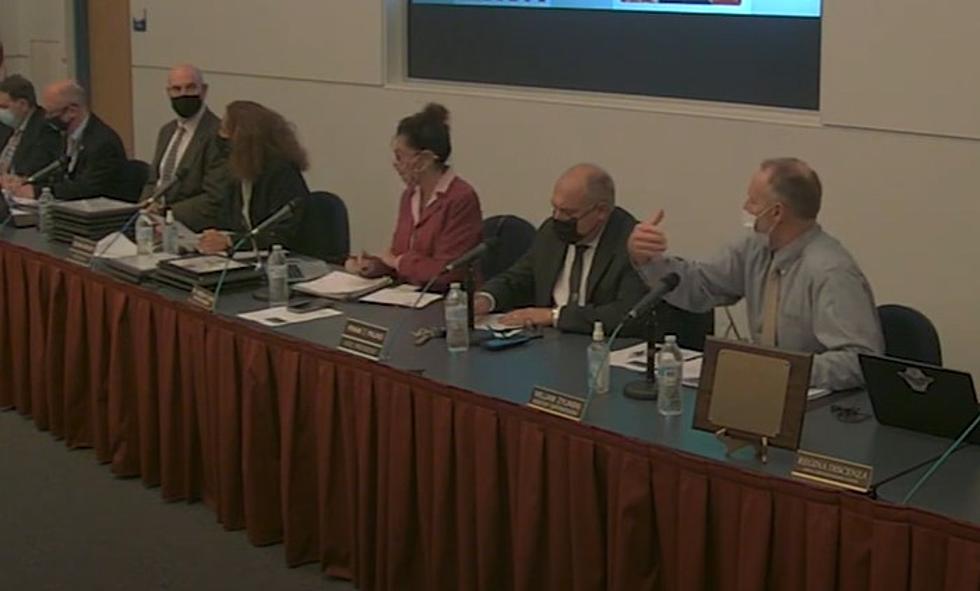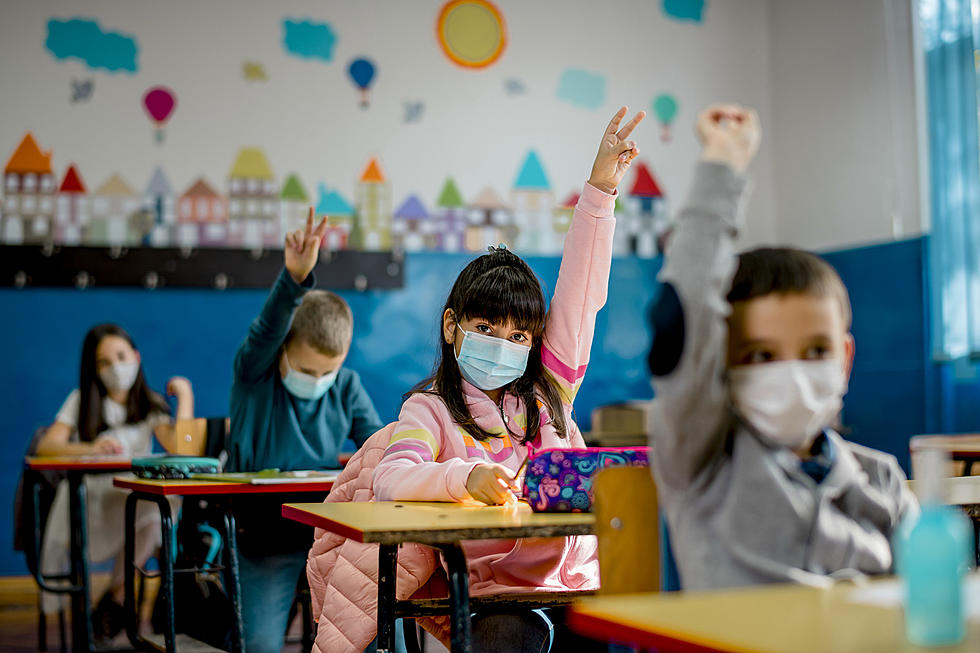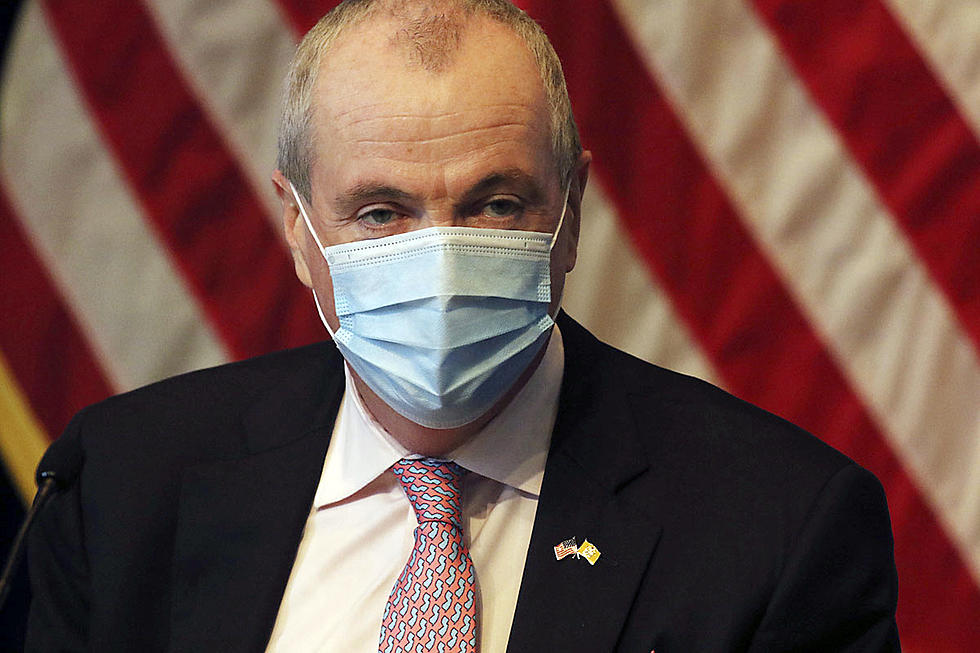
Will masks be required in New Jersey again? Murphy makes no promises
A new strain of COVID-19 has New Jersey officials worried. But while the governor isn't yet ready to implement another statewide mandate, some lawmakers say it should not be his decision to make.
The sub-variant, BA.2, is dubbed "stealth Omicron." It has recently jumped to 23.1% of new cases in the U.S., according to the CDC.
The state is "closely watching" for a coming rise in cases, according to a statement from Governor Phil Murphy.
"However, at this time, we do not anticipate any need to reinstate universal statewide mandated protective measures," Governor Murphy said Thursday. He encouraged residents to get vaccinated and boosted, get tested when needed, and check CDC masking recommendations.
It's no promise masks requirements in schools or the public won't return. Murphy could declare another public health emergency at any time.
The governor only recently lifted the previous emergency declaration. He ended it publicly at the final state COVID-19 press briefing on March 7. It's unclear if Murphy would start holding these briefings again if BA.2 caused a significant increase in cases or hospitalizations.
Republican Assemblyman Brian Bergen (R-25) told New Jersey 101.5 he does not want the governor's office to have exclusive control over public health mandates or declarations.
“The legislature still needs to reprise its role as a check and balance on executive power in the future,” said Bergen. “There are several options on the table; all we need is fortitude from our leadership. The past two years of unilateral control must not happen again.”
Murphy also indicated his administration will treat the virus as a part of everyday life.
"We are not going to manage COVID to zero nor are we impervious to the virus. We expect COVID to continue to mutate and cases to continue to ebb and flow," Murphy said. "Moving to an endemic status still means we must all take personal responsibility to protect ourselves and our loved ones."
Another Republican had words for the governor's recent pivot to personal responsibility instead of statewide mandates.
“Suddenly data doesn’t determine dates, unless Governor Murphy is indirectly admitting the past two years of Covid control was a failure,” Assemblywoman Beth Sawyer (R-3) told New Jersey 101.5.
New Jersey 101.5 reached out to Speaker Craig Coughlin and Majority Leader Louis Greenwald for comment Friday.
Omicron impact on COVID cases in NJ
Where NJ's 'red wave' of the 2021 election was reddest
Answers to 25 common COVID-19 vaccine questions
More From New Jersey 101.5 FM

